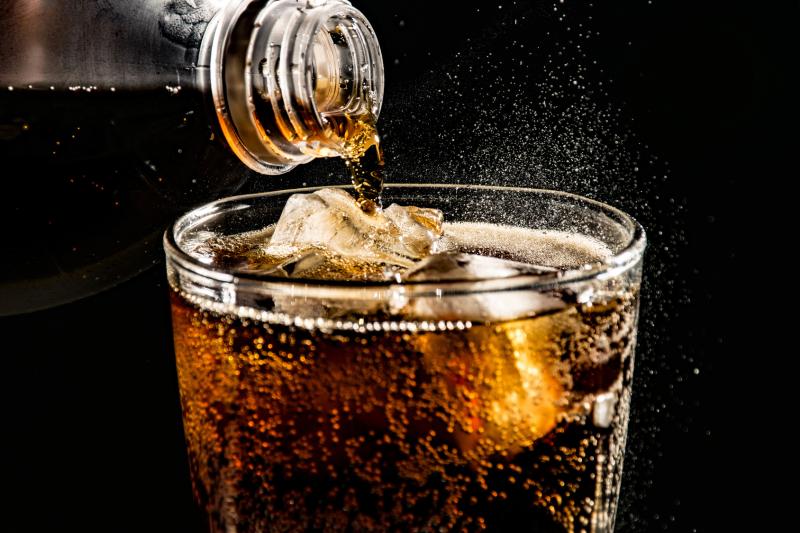
High intake of soft drinks leads to an increase in Homeostatic Model Assessment of Insulin Resistance (HOMA-IR), according to a study of Mexican adults.
IR is an important risk factor for type 2 diabetes and other cardiometabolic diseases, with recent studies suggesting that soft drink consumption could increase IR, the authors said.
In this study, the association between the cumulative consumption of soft drink and IR was estimated in 1,073 participants of the Health Workers Cohort Study after a follow-up of 7 years. Food-frequency questionnaires were used to assess soft drink consumption. Chemiluminescence and the enzymatic colorimetric method were used to measure insulin and fasting glucose, respectively.
HOMA-IR was computed as fasting insulin (mIU/L) × fasting glucose (mmol/L)/22.5. The authors also generated robust linear regression models to examine the relation between cumulative soft drink consumption and HOMA-IR change. In addition, they used fixed-effects models to evaluate the association between changes in soft drink consumption and change in HOMA-IR.
Participants (mean age at baseline, 44 years) had a mean cumulative soft drink intake of 0.42 servings/day. Median HOMA-IR rose from 1.5 at baseline to 2.0 at follow-up.
Consumption of soft drinks positively correlated with change in HOMA-IR. Multiple linear regression analysis further showed that for every increase in the consumption of two (355 mL) soft drinks/day, the average change between baseline and follow-up HOMA-IR rise by 1.11 units (95 percent confidence interval, 0.74–1.48).
“These findings support the need for reinforcing policies to reduce soft drink consumption in our population,” the authors said.